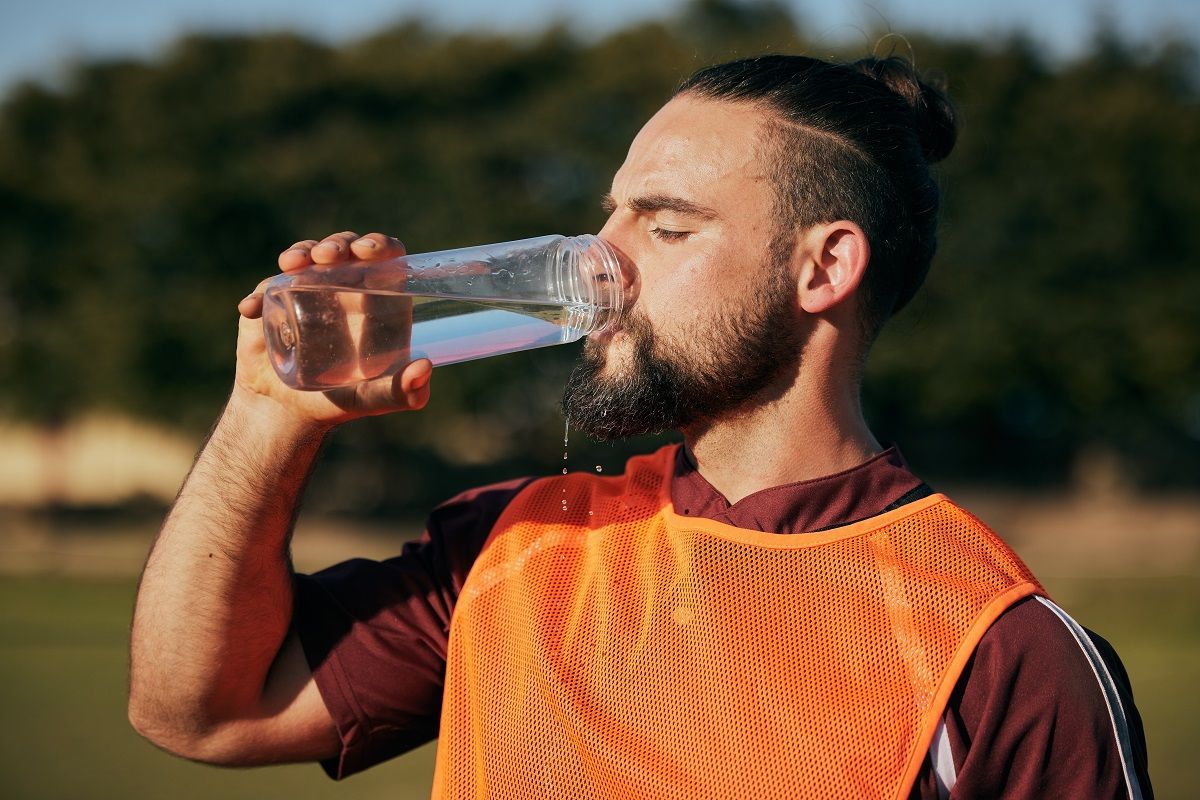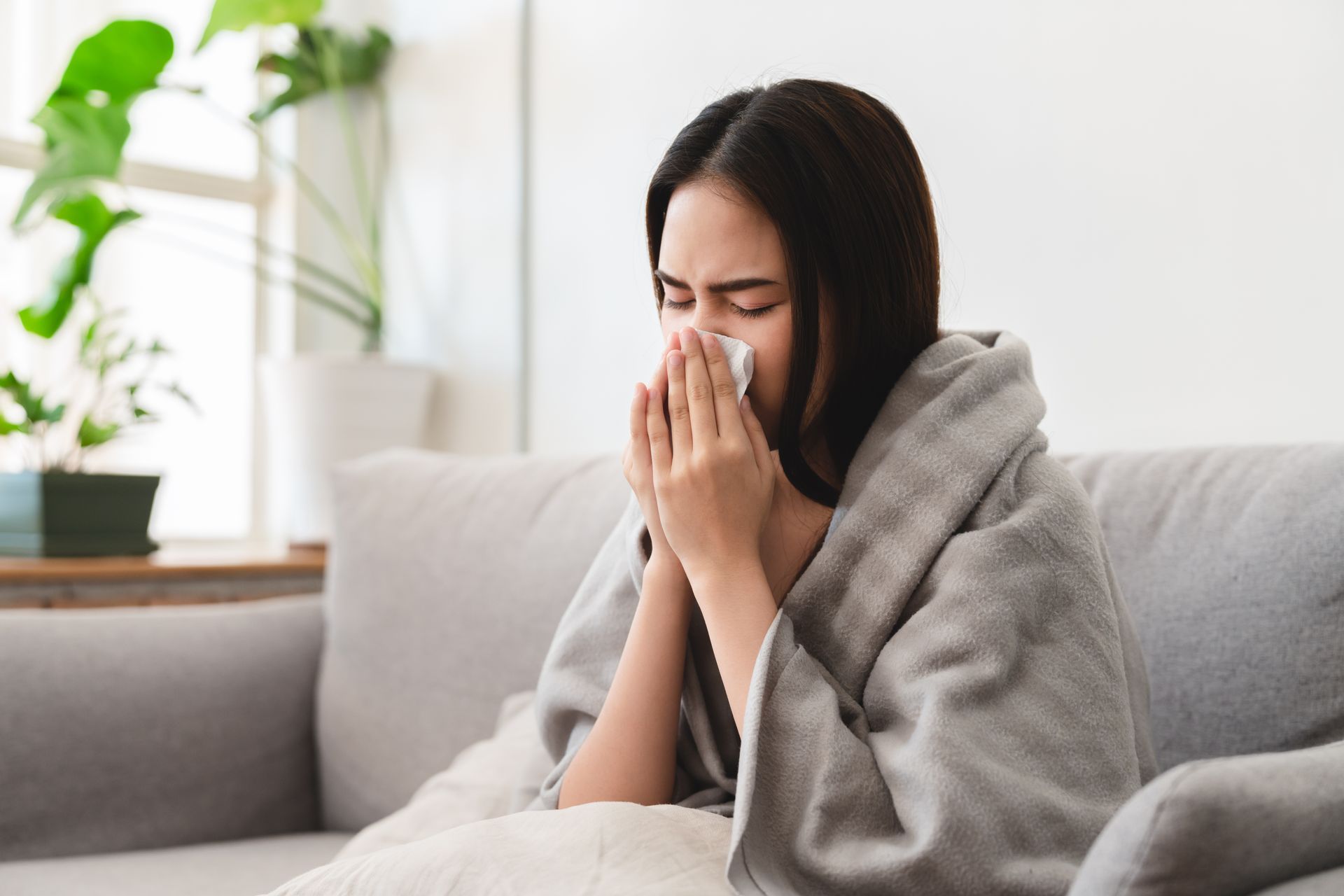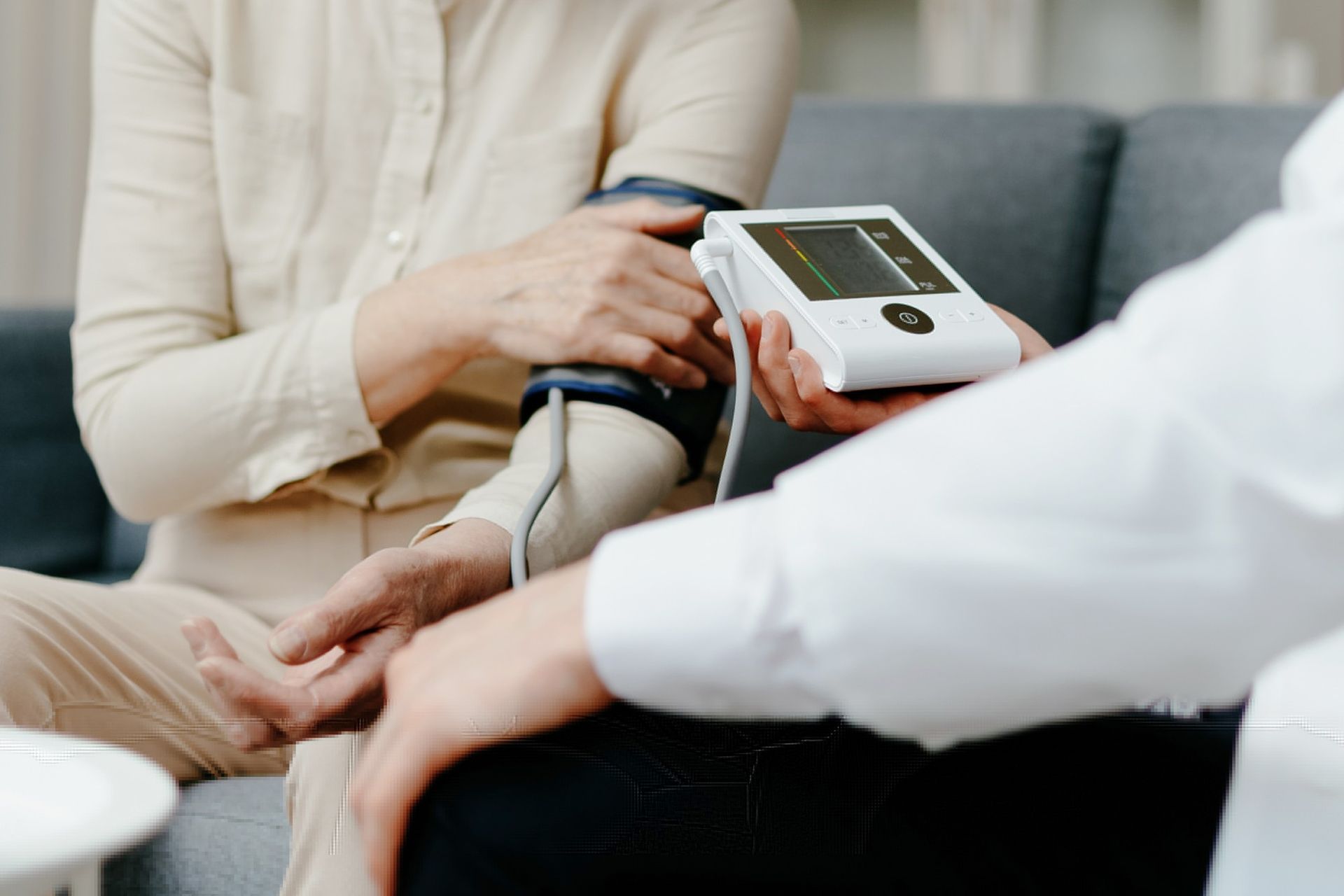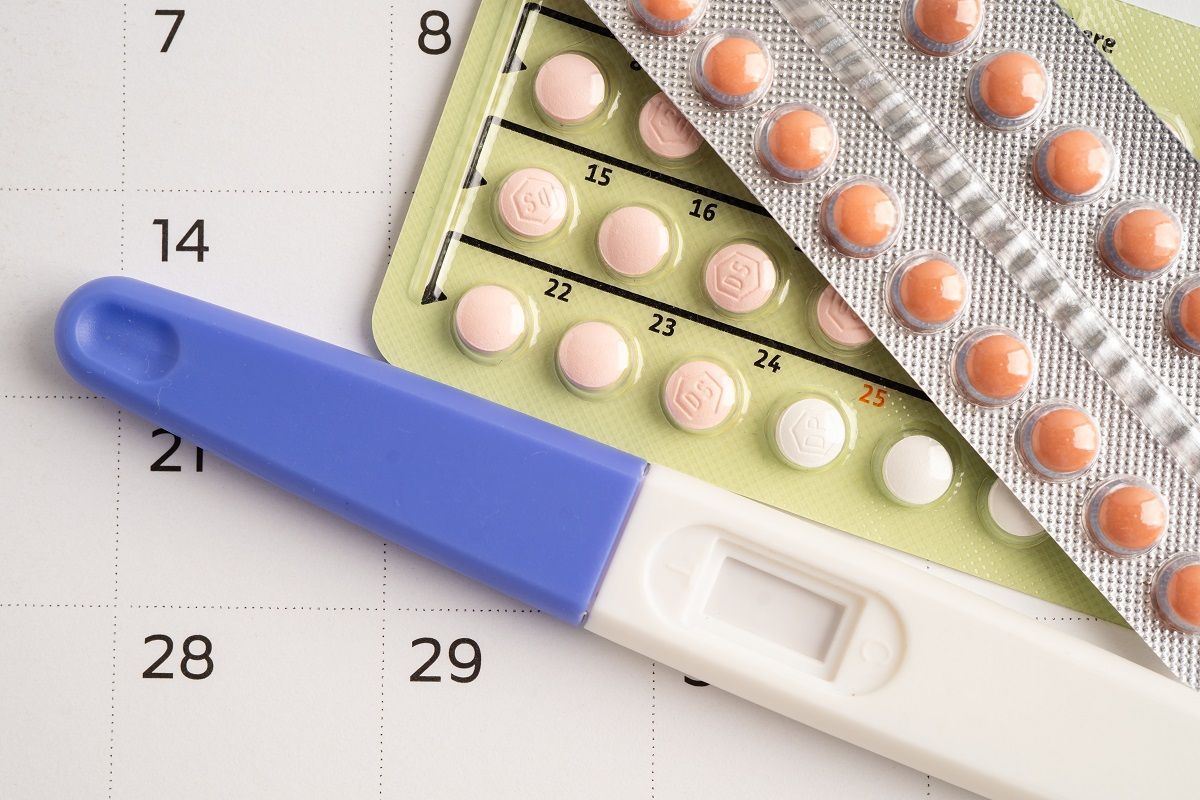Beat the Heat: Strategies to Combat Dehydration

Understanding Dehydration
Water is the essence of life, sustaining us in more ways than we realize. Yet, despite its significance, many of us overlook the signs of dehydration until it's too late. Dehydration isn't just about feeling thirsty; it's a condition that can sneak up on us, wreaking havoc on our bodies and minds. Without proper medical intervention, this condition may lead to serious health consequences, such as heat stroke or the development of kidney stones.
Uncover critical strategies to prevent dehydration and protect yourself and your loved ones. Here's everything you need to learn about the significance of water in your body and why you should always stay hydrated.
The Importance of Water in the Body
Hydration is vital for maintaining various bodily functions, including temperature regulation, nutrient transportation, and waste removal. Water comprises a large portion of our body weight and is involved in nearly every physiological process. When dehydration sets in, these functions become compromised, leading to fatigue, dizziness, and confusion. In severe cases, dehydration can result in organ failure and even death.
Recognizing the Signs of Dehydration
Identifying the early signs of dehydration is crucial to prevent further complications. Common symptoms include thirst, dark urine, dry mouth, fatigue, and headache. As dehydration progresses, symptoms may worsen, manifesting as:
- Rapid heartbeat
- Sunken eyes
- Decreased urine output
- Confusion
Without proper treatment, severe dehydration can be life-threatening and requires immediate medical attention. It is always better to prevent dehydration than to treat it. Our medical experts recommend several methods you can easily integrate into your daily routine.
Ways to Stay Hydrated
Combating dehydration requires a proactive approach to ensure adequate fluid intake and electrolyte balance. By prioritizing hydration, you can beat the heat and enjoy optimal health and vitality all year round. Here are some effective strategies to stay hydrated and ward off the effects of dehydration:
- Drink Plenty of Water
Drinking water is the best way to stay hydrated. Drink at least eight full glasses of water, especially if you're engaging in vigorous physical activity or exposed to high temperatures. Always keep a reusable water bottle with you to encourage regular daily hydration. Moreover, the health benefits of drinking water go beyond preventing dehydration.
- Monitor Electrolyte Levels
Electrolytes, such as potassium, sodium, and chloride, are crucial in hydration and muscle function. In addition to water, consume electrolyte-rich foods and beverages, such as sports drinks, coconut water, bananas, and leafy greens. These sources help replenish electrolytes lost through sweat and promote optimal hydration.
- Avoid Excessive Alcohol and Caffeine
Alcoholic and caffeinated drinks contribute to dehydration by increasing urine output and interfering with fluid balance. Limit your coffee, tea, and alcoholic beverages, especially during hot weather or strenuous activities. Opt for water or electrolyte-enhanced drinks to maintain hydration levels effectively.
- Dress Appropriately for the Weather
Wearing lightweight, breathable clothing can help prevent excessive sweating and reduce the risk of dehydration. Choose loose- fitting garments made from moisture-wicking fabrics that allow airflow and evaporation. Wear a wide-brimmed hat and sunglasses to ensure added protection from the sun's rays and minimize heat-related stress.
- Take Regular Breaks and Rest
During prolonged periods of physical exertion or exposure to heat, schedule regular breaks to rest and hydrate. Listen to your body's signals and take prompt action if you experience signs of dehydration, such as thirst or fatigue. Add shaded areas or air-conditioned spaces to your itinerary to cool down and rehydrate as needed.
- Monitor Urine Color
Monitor and observe the color of your urine to gauge your hydration status. Clear or light-colored urine means you’re adequately hydrated, while dark yellow or amber urine may indicate dehydration. Aim for pale yellow urine to indicate optimal hydration and adjust your fluid intake accordingly.
Establishing a family routine focused on your health and wellness reduces the risks of health complications induced by dehydration or similar conditions. Read our
Fueling the Family: Establishing Family Routines for Health and Wellness article to learn more.
Complications of Dehydration
Dehydration can lead to several complications with mild to severe fluid loss. Some of the potential complications of dehydration include:
Heat Exhaustion: In hot climates or during extensive physical activities, dehydration often leads to heat exhaustion, characterized by heavy sweating, weakness, dizziness, nausea, and rapid heartbeat. If untreated, this condition may progress to
heat stroke, a life-threatening condition.
Kidney Stones: Dehydration increases the concentration of minerals and waste products in the urine, forming kidney stones. These small, hard deposits can cause intense pain in the back, side, abdomen, or groin, as well as symptoms like blood in the urine, nausea, and vomiting.
Urinary Tract Infections (UTIs): Dehydration can reduce urine production and impair the body's ability to flush out bacteria from the urinary tract, increasing the risk of UTIs. Symptoms of UTIs include:
- Burning sensation during urination
- Frequent urge to urinate
- Cloudy or foul-smelling urine
- Pelvic pain
Read: Urinary Tract Infections (UTIs): Prompt Care and Prevention.
Although dehydration can cause mild symptoms, you should never ignore it and risk having severe dehydration, which can be life-threatening. By implementing proactive strategies to stay hydrated and maintain electrolyte balance, you can effectively combat dehydration and reduce the risk of associated complications. Remember to drink plenty of water, monitor electrolyte levels, and take appropriate measures to stay calm and hydrated, especially during hot weather or physical activity.
Talk to our medical experts today to manage dehydration effectively.
FAQs
What are the long-term effects of dehydration?
Chronic dehydration poses long-term effects on health, including kidney stones, urinary tract infections, constipation, decreased cognitive function, and impaired physical performance. It's essential to maintain adequate hydration to prevent these complications.
When should I seek medical help for dehydration?
Go to the ER if you experience severe symptoms of dehydration, such as rapid heartbeat, confusion, fainting, or inability to keep fluids down. Seek prompt medical attention if necessary.
Who is at risk of dehydration?
Anyone can become dehydrated, but certain groups are at higher risk, including infants, young children, elderly adults, athletes, outdoor workers, individuals with chronic illnesses, and those taking medications that increase fluid loss.
What is the best drink for dehydration besides water?
Sports drinks with electrolytes such as potassium, sodium, and chloride effectively replenish fluids and maintain hydration levels. Coconut water is also an ideal option as it contains natural electrolytes and is low in calories. Remember that water is still the best way to stay hydrated because it doesn't contain sugar and artificial flavors.
Are water supplements effective against dehydration?
Water supplements can be a helpful tool to combat dehydration, but they should not be relied upon as the sole hydration method. Water supplements, such as electrolyte tablets or powders, can provide additional hydration support by replenishing essential minerals and nutrients lost through sweating.
Get Maximum Protection Against Dehydration
Houston Family Practice offers a team of highly skilled and experienced healthcare professionals, including board-certified physicians, nurses, and medical staff dedicated to providing exceptional care. We use the latest techniques and protocols for diagnosing and treating dehydration promptly and effectively. We take a comprehensive approach to dehydration treatment, addressing fluid replenishment, underlying causes, and potential complications. Our clinic features advanced diagnostic tools and medical equipment to facilitate accurate assessments and timely interventions.
We offer comprehensive services to meet our patients' needs under one roof. Our team prioritizes patient satisfaction and strives to deliver prompt, personalized care in a compassionate and supportive environment.
Book an appointment today, and let's combat dehydration together!











